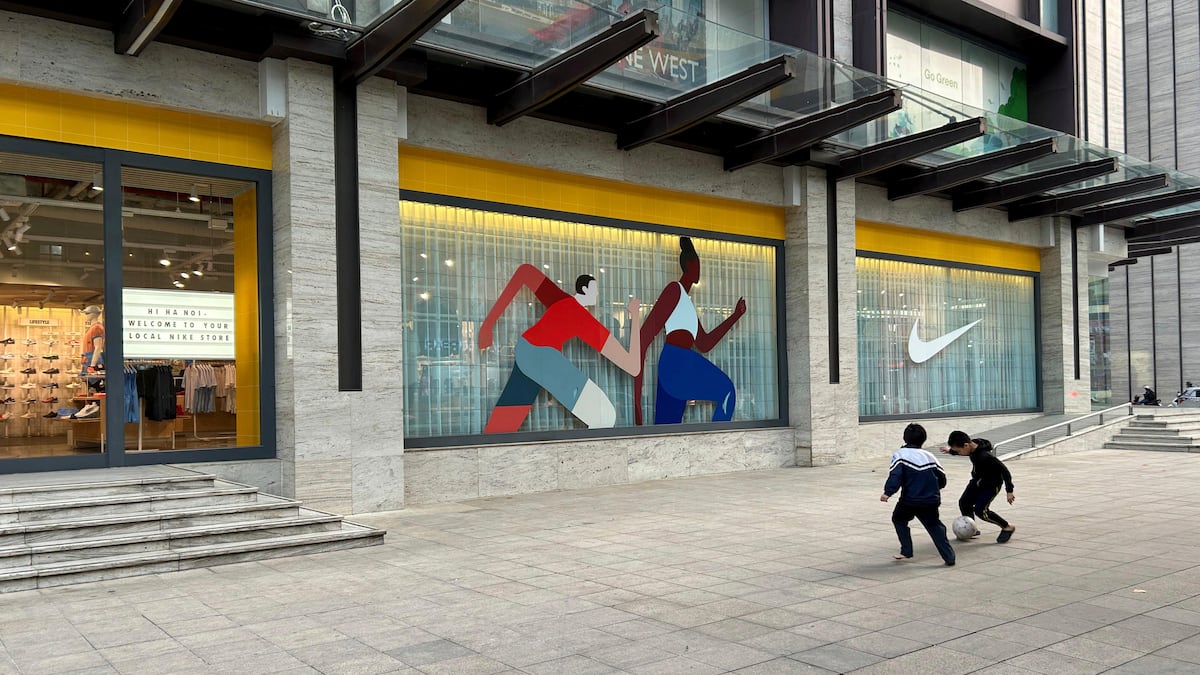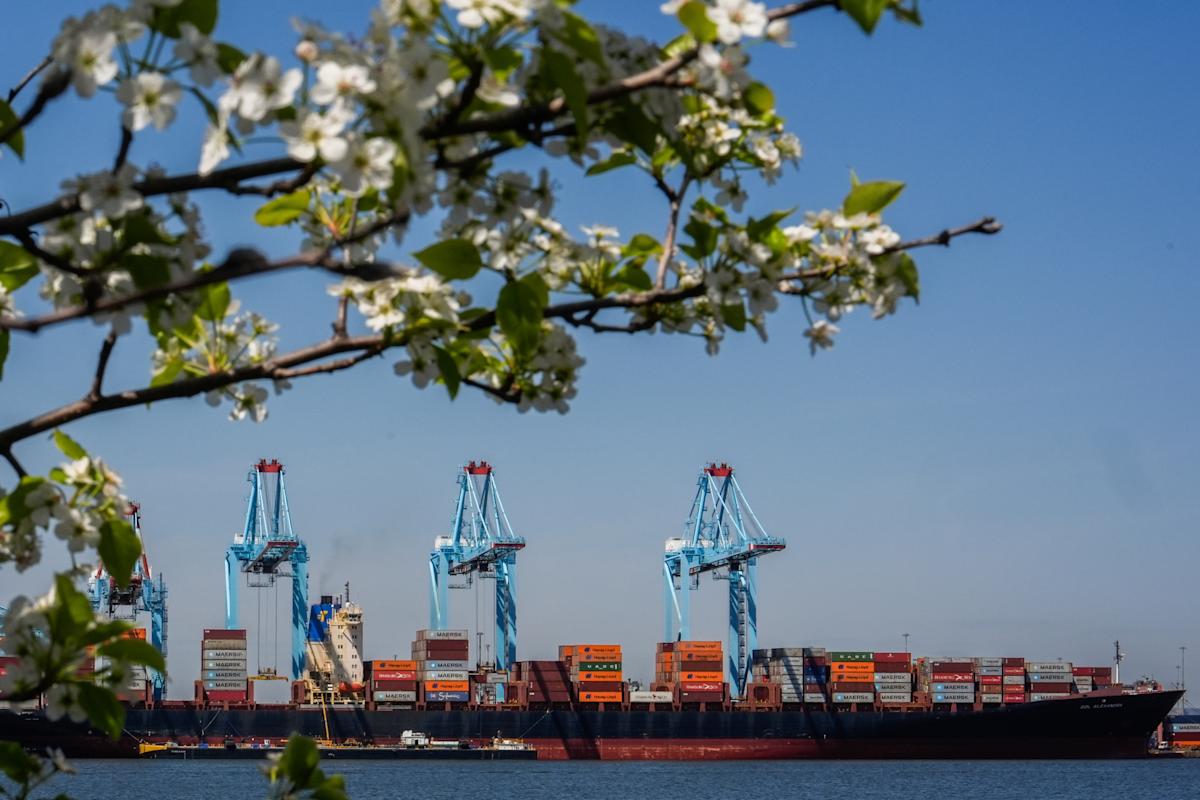Trade War Threat: Oregon's Fashion Industry Faces Potential Economic Meltdown
Companies
2025-04-04 21:06:46Content

Nike's stock took a significant hit on Wall Street after alarming trade developments emerged regarding potential tariff increases on Vietnamese imports. The sportswear giant, headquartered in Beaverton, Oregon, faces substantial financial challenges as Vietnam—a critical manufacturing hub—could see tariffs spike by a staggering 46%.
The potential tariff escalation is particularly concerning for Nike, as Vietnam currently serves as the production site for approximately half of the company's global footwear manufacturing. This revelation sent shockwaves through investor circles, triggering an immediate and sharp decline in Nike's stock price.
The unexpected trade tension could disrupt Nike's carefully constructed global supply chain, potentially leading to increased production costs, reduced profit margins, and potential challenges in maintaining competitive pricing for their popular athletic shoes and apparel.
Investors and market analysts are closely monitoring the situation, assessing the potential long-term implications of these proposed tariff increases on Nike's operational strategy and financial performance in the coming quarters.
Global Trade Tremors: Nike's Vietnamese Manufacturing Shock Sends Wall Street Reeling
In the high-stakes world of global manufacturing and international trade, multinational corporations like Nike find themselves navigating increasingly complex geopolitical landscapes where economic policies can instantaneously transform corporate fortunes.When Tariffs Threaten Corporate Stability: A Deep Dive into Nike's Manufacturing Vulnerability
The Vietnamese Manufacturing Ecosystem
Nike's strategic reliance on Vietnam as a primary manufacturing hub represents a sophisticated global production strategy that has evolved over decades. With approximately 50% of Nike's footwear production concentrated in Vietnamese facilities, the potential tariff escalation represents a seismic disruption to their established supply chain infrastructure. The intricate network of Vietnamese manufacturing plants, carefully cultivated through years of investment and relationship-building, now stands at a critical juncture. The geopolitical dynamics underlying this manufacturing concentration reveal a complex interplay of economic incentives, labor costs, and strategic positioning. Vietnamese factories have emerged as critical nodes in Nike's global production ecosystem, offering competitive labor rates, developing technological capabilities, and providing scalable manufacturing solutions that align with the company's aggressive growth strategies.Economic Ripple Effects and Market Reactions
The announcement of potential tariff increases triggered an immediate and dramatic response in financial markets, with Nike's stock price experiencing significant volatility. Investors, sensitive to supply chain disruptions and potential increased production costs, rapidly recalibrated their valuation models, reflecting the profound interconnectedness of global trade mechanisms. Wall Street's reaction underscores the delicate balance multinational corporations must maintain in an era of increasing protectionist policies. The stock market's instantaneous response highlights the sensitivity of investor sentiment to geopolitical developments and the potential long-term implications of trade policy shifts.Strategic Resilience and Adaptation
Nike's response to this potential manufacturing challenge will likely involve a multifaceted approach combining immediate risk mitigation and long-term strategic repositioning. Potential strategies might include diversifying manufacturing locations, accelerating automation investments, or negotiating complex trade agreements to minimize tariff impacts. The company's historical agility in navigating complex global economic landscapes suggests they are well-positioned to develop innovative solutions. Their robust global network, technological capabilities, and financial resources provide significant buffers against potential disruptions, enabling them to potentially transform this challenge into a strategic opportunity for restructuring their global manufacturing footprint.Broader Implications for Global Manufacturing
The Nike scenario serves as a microcosm of broader trends affecting multinational corporations operating in increasingly volatile global economic environments. Manufacturing strategies are no longer simply about cost optimization but require sophisticated geopolitical risk management, adaptive supply chain architectures, and proactive strategic planning. This development signals a potential paradigm shift in how corporations conceptualize global production, emphasizing resilience, flexibility, and the ability to rapidly reconfigure manufacturing ecosystems in response to dynamic economic and political landscapes.RELATED NEWS
Companies

Green Tech's Labor Crossroads: Why Carbon Removal Startups Must Embrace Worker Rights
2025-04-02 17:06:28
Companies

Silicon Valley's Plea: California's Disclosure Rules Are Pushing Us to the Brink
2025-04-29 19:00:00
Companies

Chopper Safety Showdown: Schumer Demands Grounding After Deadly Flight
2025-04-14 00:30:12





